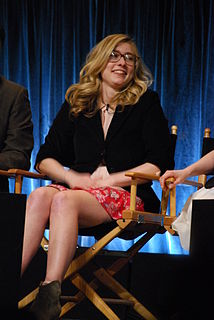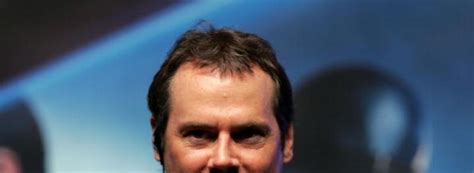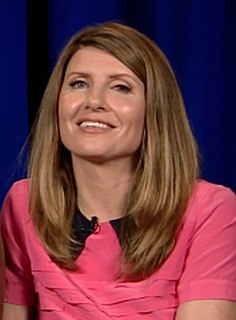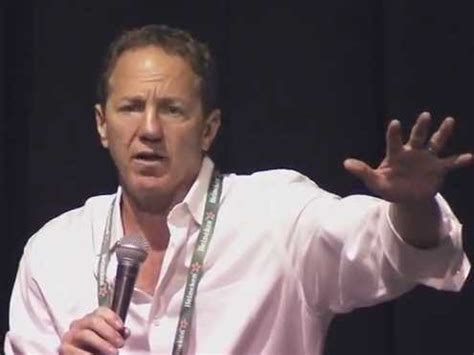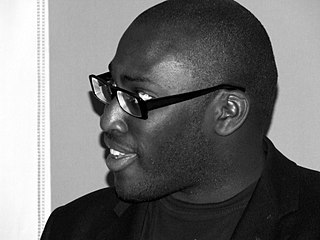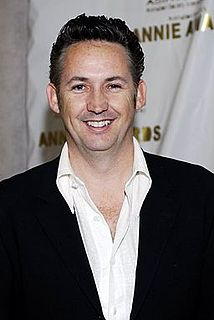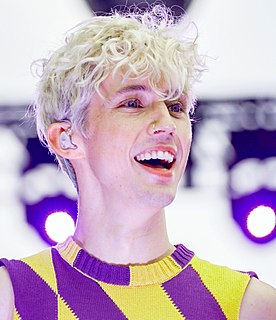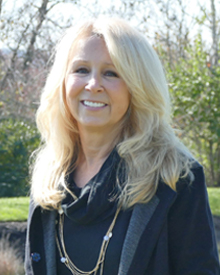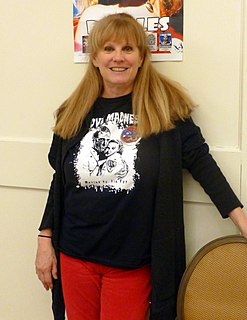A Quote by Elizabeth Meriwether
Dysfunctional co-dependent relationships always appeal to me. I don't know exactly how it started. I start writing sketches of characters and little scene-lets, and then it builds.
Related Quotes
People always go on about how fantastic relationships are in the beginning, and of course everyone hates relationships when they end, but what about the middles? the middles where you know everything there is to know. Where you can look at the person you love and know what they're thinking, see something on the telly and know how they'd react;When you know exactly what they'd wear to come round and see you.
That was sheer luck that it [being immersed into folk scene] happened when my voice began to develop. I don't know exactly what would have happened if I hadn't been alive and well and really lively in the Cambridge scene. But (the folk scene) was, and I fell into it absolutely naturally in the little coffee shops, and pretty soon it was Newport and then it was an overwhelming response internationally, actually.
I've been writing for a long time, since the late '60s. But it hasn't been in the same form. I used to write scripts for television. I wrote for my comedy act. Then I wrote screenplays, and then I started writing New Yorker essays, and then I started writing plays. I didn't start writing prose, really, until the New Yorker essays, but they were comic. I didn't start writing prose, really, until the '90s. In my head, there was a link between everything. One thing led to another.
Writing fiction lets you be a little more emotional and unguarded, a little freer. Writing fictional characters is also really different from writing about real people. In nonfiction, you can only say so much about the people you interact with. After all, they're actual people, their version of their story trumps yours. In a novel, you can build a character, using certain parts or impressions of someone you know, and guessing or inventing others, without having to worry that your guesses or memories or inventions are wrong.
I think at some level, it's just alchemy that we, as writers, can't explain when we write the characters. I don't set out to create the characters - they're not, to me, collections of quirks that I can put together. I discover the characters, instead. I usually go through a standard set of interview questions with the character in the beginning and ask the vital stuff: What's important to you? What do you love? Hate? Fear? .. and then I know where to start. But the characters just grow on their own, at a certain point. And start surprising me.
Any story has a beginning, middle, and end, of course, but the question is, where do you start it exactly? It's about a guy who is murdered in a fistfight, but how does it evolve and what does it mean? That's what I discovered scene by scene, and this innovation of coming in as a first-person narrator was a complete surprise to me. It just happened.
The Ramones were a great bunch of guys. They were very quiet, very shy. They were a little in awe of the filmmaking process, probably because we started at 7 a.m. I do remember the very first day of shooting, I met them and did the scene in the bedroom where Joey sings to me, and they were all scattered around my bedroom in my little fantasy scene. That was the first scene we shot of the movie. That scene is kind of a strange way to start a movie. "Okay, get undressed, and these weird guys in leather jackets and ripped jeans are going to sing to you."
